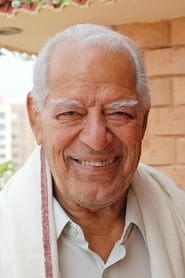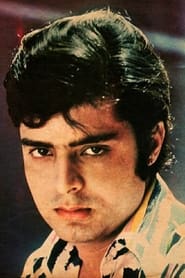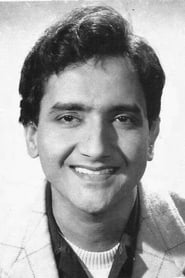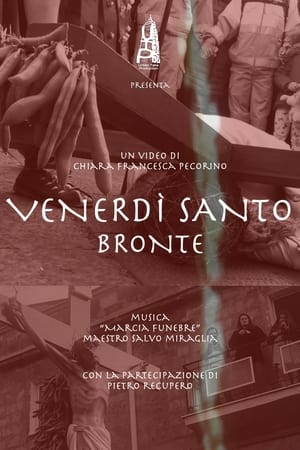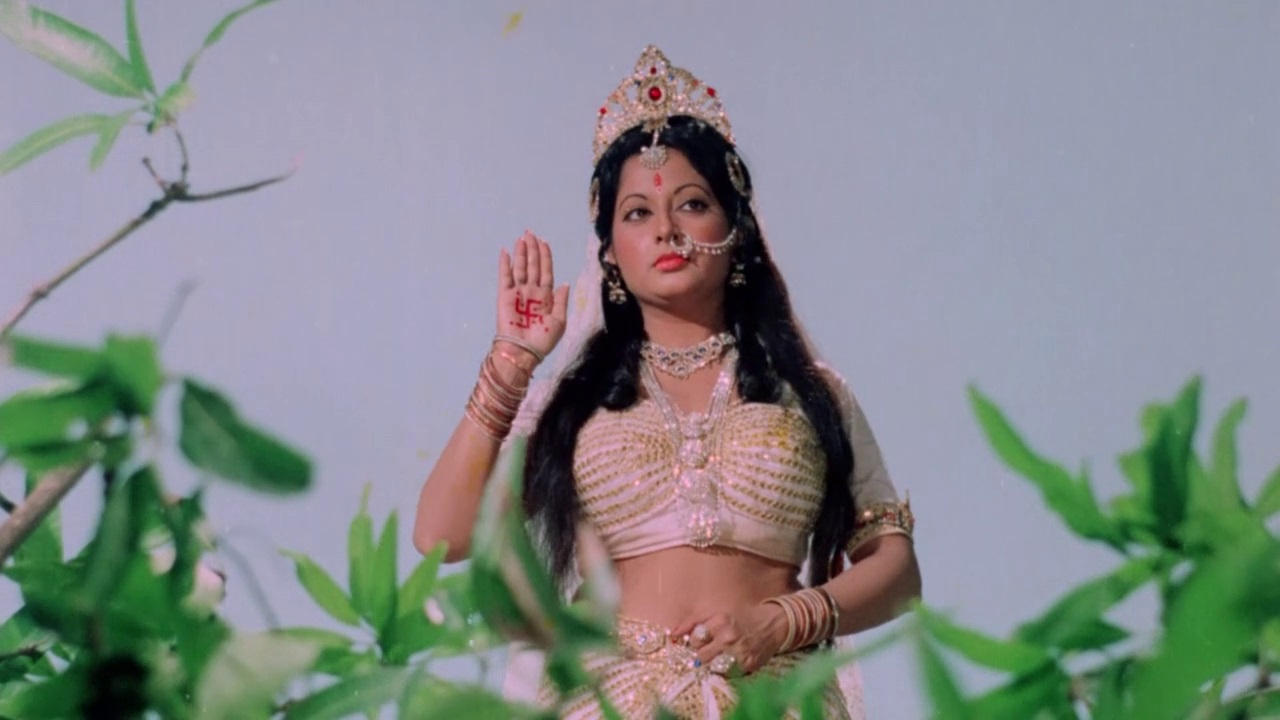

Strength in Devotion(1979)
The epic saga of Sherawali Mata's devotee, Dhyanu Bhagat, and his trials, tribulations, and triumphs. Also features the historic and memorable visit of Akbar Badshah, who traveled barefoot to pay homage to Sherawali Mata, and provide a golden "Chatra" (umbrella) for her temple, an example that is cited even today to promote Muslim and Hindu unity. Jai Mata Di!
Movie: Strength in Devotion
Similar Movies
 5.0
5.0Where the Ravens Fly(en)
Set in the dense forests of 1940s Eastern Europe, this story reveals the supernatural encounters that challenge three soldiers' understanding of life and death.
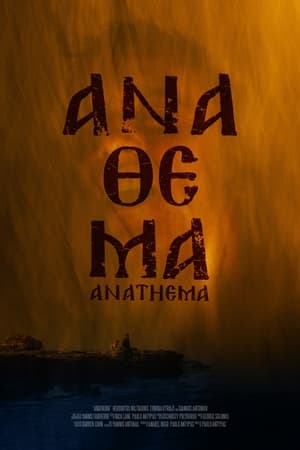 0.0
0.0Anathema(el)
On the island of Cyprus, an insomniac is haunted by hallucinations that his mother believes are a message from his dead father.
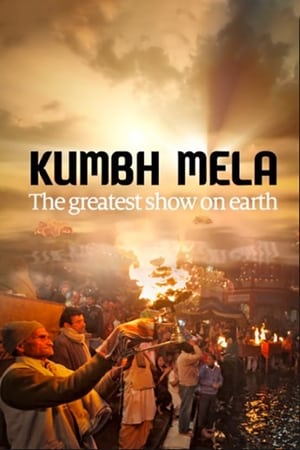 8.0
8.0Kumbh Mela - The Greatest Show On Earth(en)
February 2013, Allahabad, India. Over the next 55 days, nearly a hundred million people will come here, to the Great Kumbh Mela. This incredible and awe-inspiring celebration of the world's oldest religion happens every 12 years at the place where Hindus believe two sacred rivers meet. For many Hindus this is their most important pilgrimage, and it happens at one of the most holy sites in India. Hindus come to cleanse themselves in the sacred waters of the river Ganges, to pray and emerge purified and renewed. This follows British pilgrims as they embark on a once-in-a-lifetime spiritual journey. A journey that will take them into the heart of Hinduism - its philosophy, its beliefs and its traditions. A journey that will culminate in the largest ever gathering of humans in one place.
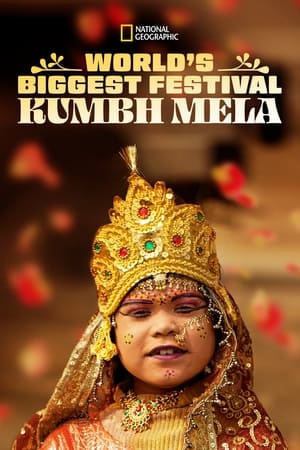 0.0
0.0World's Biggest Festival - Kumbh Mela(en)
Welcome to the largest human gathering ever in this one-hour special, World’s Biggest Festival: Kumbh Mela. Imagine a crowd so massive, it is visible from space. A crowd, likely 100 million strong, intent on just one thing: bathing in a sacred river to wash away sins and gain a chance at a new beginning. In the World’s Biggest Festival: Kumbh Mela, experience the dazzling spectacle of spiritual fervour and collective diversity as Hindus from across the globe converge on the Maha Kumbh Mela. Not only is it the world’s largest religious festival, but it is also believed to be the largest gathering of humans in one place, at one time on Earth.
Sunseed(en)
This documentary explores the growing American interest in the 1970s in Eastern religions and philosophy. The teachings and lifestyles of ten spiritual teachers and their followers are presented without voice-over narration.
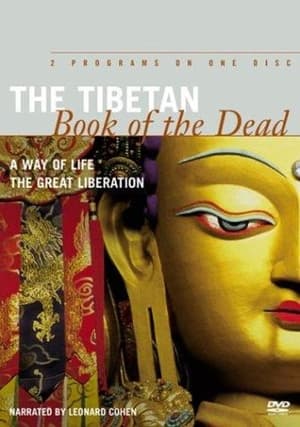 7.0
7.0The Tibetan Book of the Dead: A Way of Life(en)
Narrated by Leonard Cohen, this two-part series explores ancient teachings on death and dying and boldly visualises the afterlife according to Tibetan philosophy. Tibetan Buddhists believe that after a person dies, they enter a state of "bardo" for 49 days until a rebirth. Program 1, The Tibetan Book of the Dead: A Way of Life documents the history of The Tibetan Book of the Dead, tracing the book's acceptance and use in Europe and North America. Program 2, The Tibetan Book of the Dead: The Great Liberation observes an old Buddhist lama and a 13-year-old novice monk as they guide a deceased person into the afterlife.
 0.0
0.0If My Lover Were a Flower(my)
Based on a novel by Ponnya Khin. In the village of Nang Pan, Mya Lay (Wutt Hmone Shwe Yi) meets the visiting Nay Mon. The two promptly fall in love, despite the objections of Mya Lay’s brothers. Nay Mon brings Mya Lay to the city of Yangon, and the two look forward to a happy future. But Mya Lay continues to be torn between her love for Nay Mon and her obligations to her family.
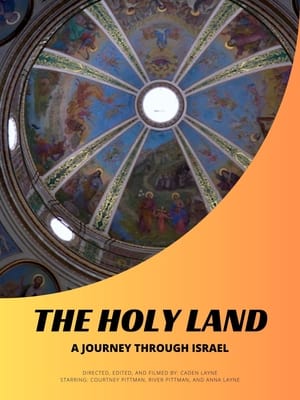 9.0
9.0The Holy Land(en)
This movie is a short documentary about both the narrator's, and the youth's, experience as Christian tourists in Israel.
 0.0
0.0Zen, in Search of Enlightenment(en)
A documentary exploring the rigorous training and meditation practices found at the Shōgen-ji, a Zen Buddhist monastery of the Rinzai school in Shimizu-ku, Shizuoka Prefecture, Japan.
Pagan Invasion, Vol. 4: The East Seduces the West(en)
A look at the influence of Eastern thought, philosophy, and religion on Western societies.
 0.0
0.0Shinto: Nature, Gods, and Man in Japan(en)
A documentary tracing the development of Shinto to the present day. Explores ancient ritual sites that are still used today, as well as major shrines and great works of Shinto religious art.
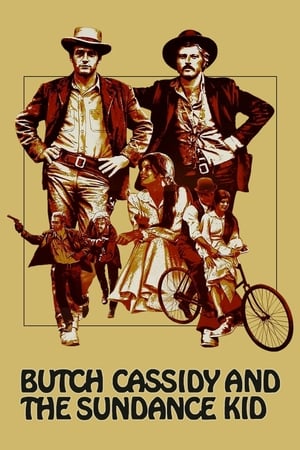 7.6
7.6Butch Cassidy and the Sundance Kid(en)
As the west rapidly becomes civilized, a pair of outlaws in 1890s Wyoming find themselves pursued by a posse and decide to flee to South America in hopes of evading the law.
 7.6
7.6Battleship Potemkin(ru)
A dramatized account of a great Russian naval mutiny and a resultant public demonstration, showing support, which brought on a police massacre. The film had an incredible impact on the development of cinema and is a masterful example of montage editing.
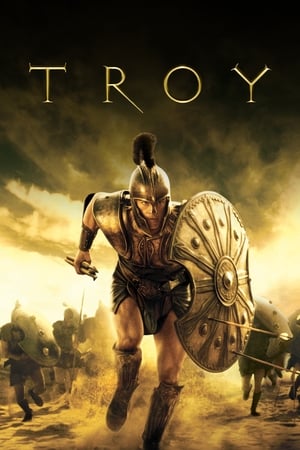 7.2
7.2Troy(en)
In year 1250 B.C. during the late Bronze age, two emerging nations begin to clash. Paris, the Trojan prince, convinces Helen, Queen of Sparta, to leave her husband Menelaus, and sail with him back to Troy. After Menelaus finds out that his wife was taken by the Trojans, he asks his brother Agamemnon to help him get her back. Agamemnon sees this as an opportunity for power. They set off with 1,000 ships holding 50,000 Greeks to Troy.
 6.9
6.9The Tin Drum(de)
Oskar Matzerath is a very unusual boy. Refusing to leave the womb until promised a tin drum by his mother, Agnes, Oskar is reluctant to enter a world he sees as filled with hypocrisy and injustice, and vows on his third birthday to never grow up. Miraculously, he gets his wish. As the Nazis rise to power in Danzig, Oskar wills himself to remain a child, beating his tin drum incessantly and screaming in protest at the chaos surrounding him.
 7.9
7.9Ben-Hur(en)
In 25 AD, Judah Ben-Hur, a Jew in ancient Judea, opposes the occupying Roman empire. Falsely accused by a Roman childhood friend-turned-overlord of trying to kill the Roman governor, he is put into slavery and his mother and sister are taken away as prisoners.
 6.9
6.9Pearl Harbor(en)
The lifelong friendship between Rafe McCawley and Danny Walker is put to the ultimate test when the two ace fighter pilots become entangled in a love triangle with beautiful Naval nurse Evelyn Johnson. But the rivalry between the friends-turned-foes is immediately put on hold when they find themselves at the center of Japan's devastating attack on Pearl Harbor on Dec. 7, 1941.
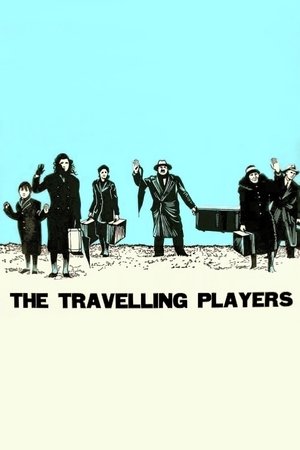 7.4
7.4The Travelling Players(el)
This expansive Greek drama follows a troupe of theater actors as they perform around their country during World War II. While the production that they put on is entitled "Golfo the Shepherdess," the thespians end up echoing scenes from classic Greek tales in their own lives, as Elektra plots revenge on her mother for the death of her father, and seeks help from her brother, Orestes, a young anti-fascist rebel.
